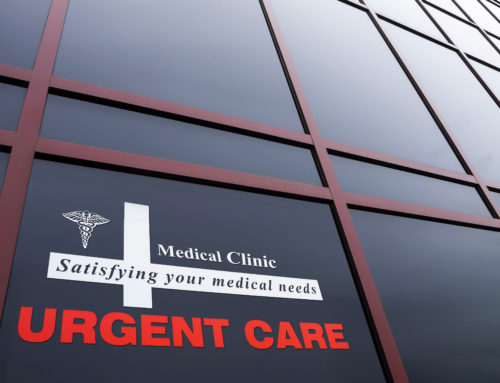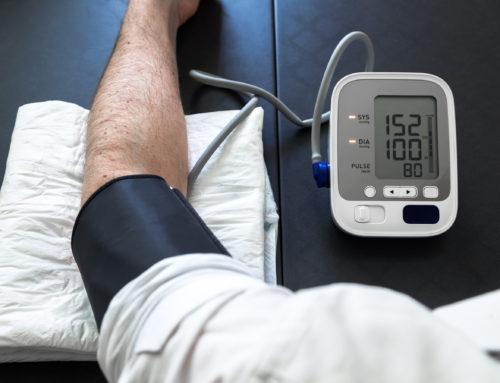Birth-related medical malpractice can occur in the delivery room when a doctor or other medical staff fails to use reasonable care that causes injury to the child or mother. Possible delivery room errors include Caput succedaneum cephalohematoma, Erb’s palsy, hypoxic-ischemic encephalopathy and brachial plexus injuries. All of these birth injuries can be traumatic.
How These Birth Injuries Can Occur
Caput succedaneum is the swelling of the soft tissues of the baby’s head. It’s often due to pressure exerted on the baby’s head during delivery. If the baby has shoulder dystocia, the physician may decide to use vacuum extractors and forceps for an obstructed vaginal delivery. These medical instruments can cause caput succedaneum. Cephalhematoma is a hemorrhaging between the periosteum and skull. Like caput succedaneum, it can be caused by vacuum extractors and forceps. Hypoxic-ischemic encephalopathy can occur when the unborn baby’s brain does not receive enough blood and oxygen during delivery. It can lead to a variety of different birth injuries. Brachial plexus injuries occur in the nerves that control movement of the hands, arms, neck, and shoulders. It can be an upper or lower brachial plexus injury. Erb’s palsy is an injury to the upper brachial plexus. A lack of fetal oxygen during delivery can also result in seizure disorders, paralysis, and mental retardation.
Both labor and delivery are complex processes that require doctors and medical staff to make quick and accurate decisions. Giving birth is supposed to be a happy and exciting time. However, sometimes mistakes are made that jeopardize the baby’s health and turn childbirth into a sad event. Failure to provide a timely C-section, improper use of vacuum extractors and forceps, improper fetal monitoring and improper medication choices can all result in birth injuries.
Proving Delivery Room Errors
Discovering and understanding the complicated events that took place in a delivery room requires not only legal expertise but intricate medical knowledge. There’s just so much involved, and juries do not understand much of the medical testimony given in a medical malpractice case. The judge is likely to not understand it all, too. You’ll need a medical expert witness to prove a delivery room error. As a matter of fact, most states require a medical expert witness in a medical malpractice case before the lawsuit is even allowed to proceed.
You have to be able to prove that a doctor-patient relationship existed, the doctor’s care was negligent and the doctor’s negligence led to the birth injury. The first element is easy to prove, but the second and third require a medical expert witness. To prove that the doctor was negligent, you’ll need to have a medical expert witness testify about the standard of care. Any discrepancies between the accepted standard of care and treatment methods rendered can point to negligence. Once negligence is established, a medical expert witness will then help establish that the doctor’s actions directly led to patient harm. A medical expert witness will also review medical records, statements and every aspect of the case with the legal team. This includes all involved parties, such as nurses and family members. During this comprehensive review, a medical expert witness will look for mistakes that led to the birth injury. Lastly, a medical expert witness will present their findings in court. The jury or the judge then consider that opinion before rendering a final verdict. With a medical expert witness on your team, you’re chances of winning a birth injury medical malpractice case are much greater.
Because birth-related injuries and medical malpractice law can involve intricate medical and legal issues, it is often critical to get advice or representation from a lawyer and hire a medical expert witness. Turn to Dr. Edward Mallory for your medical expert witness. He is a residency-trained, board-certified emergency medicine doctor and medical expert witness. He gives oral or written testimonies and expert opinions in birth injury malpractice cases. His goal as a medical expert is to provide his medical expertise in the courtroom and to support his clients’ testimonies. Dr. Edward Mallory fights for his clients.




























